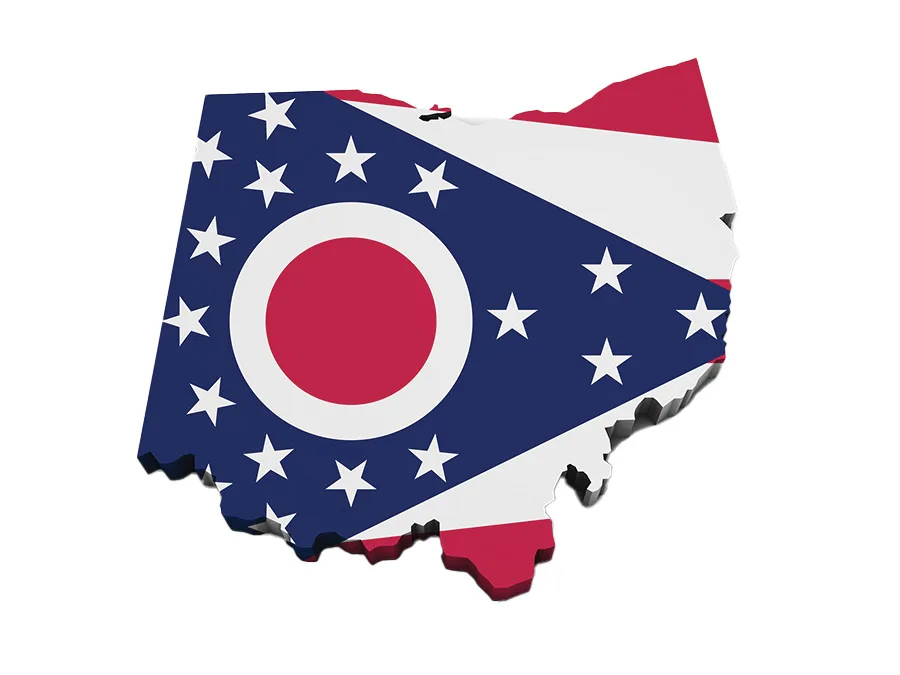
By Cindy Glazer
Here are ways people with
disabilities and their families can navigate the election process.
If you or an individual of your family with disabilities want to vote, consider these election season tips from
LaRosa’s office:
In Ohio, every polling location is required to have a voting machine that is accessible to individuals with disabilities. These machines include features like audio ballots, Braille touch pads, large print/zoom features, and height and tilt adjustments on the screens.
If you cannot mark your ballot or if you need assistance because of your disability, you may bring someone with you to help you vote, or you may ask for assistance from precinct election officials.
Having a guardian does not take away your right to vote. As long as you meet eligibility requirements and have not been declared incompetent for voting purposes by a probate court, you are qualified to register and vote.
If a person has a disability and is confined to a public or private institution, the county board of elections can deliver a ballot to them.
Remember, in Ohio, you do not need to state a reason to vote absentee. Voting with a mail-in absentee ballot is a great option.
Don’t be discouraged by the challenge. It is your right and your family member’s right to be counted. No vote, no voice.
For more information, visit ohiosos.gov/elections/voters/voters-with-disabilities
After discussing voting practices in local or national elections with several community members, I discovered that there are innumerable issues for those with special needs, depending on the challenges they face and where they reside.
Examples include struggles to request and then complete and mail an absentee ballot; accessibility to voting; the lack of knowledge and understanding of well-meaning poll workers; and ensuring ballots are filled out properly with family oversight.
Having a disability, whether temporary or permanent, should not interfere with the opportunity to make your voice heard, or to help your loved one make their voice heard. Under state and federal law, voters with disabilities must be given the same opportunity for access and participation as any other voter. In Ohio, all voting locations must be made accessible for people with disabilities.
“The Ohio Secretary of State strives to ensure that Ohio’s elections are secure, accurate, and accessible for all voters — including those with a disability,” according to a statement on the Ohio Secretary of State Frank LaRosa’s website. “All eligible Ohioans can make their voices heard privately, independently, and with confidence through online voter registration, accessible in-person voting, or absentee voting.”
“There are many issues that can affect people with disabilities so it is important that they vote for the issues and candidates because it will affect the quality of their lives. They will also want to elect officials who will best represent them and their needs on issues that include Social Security, Medicaid, housing, transportation etc”
— Laurie Kowalsk

